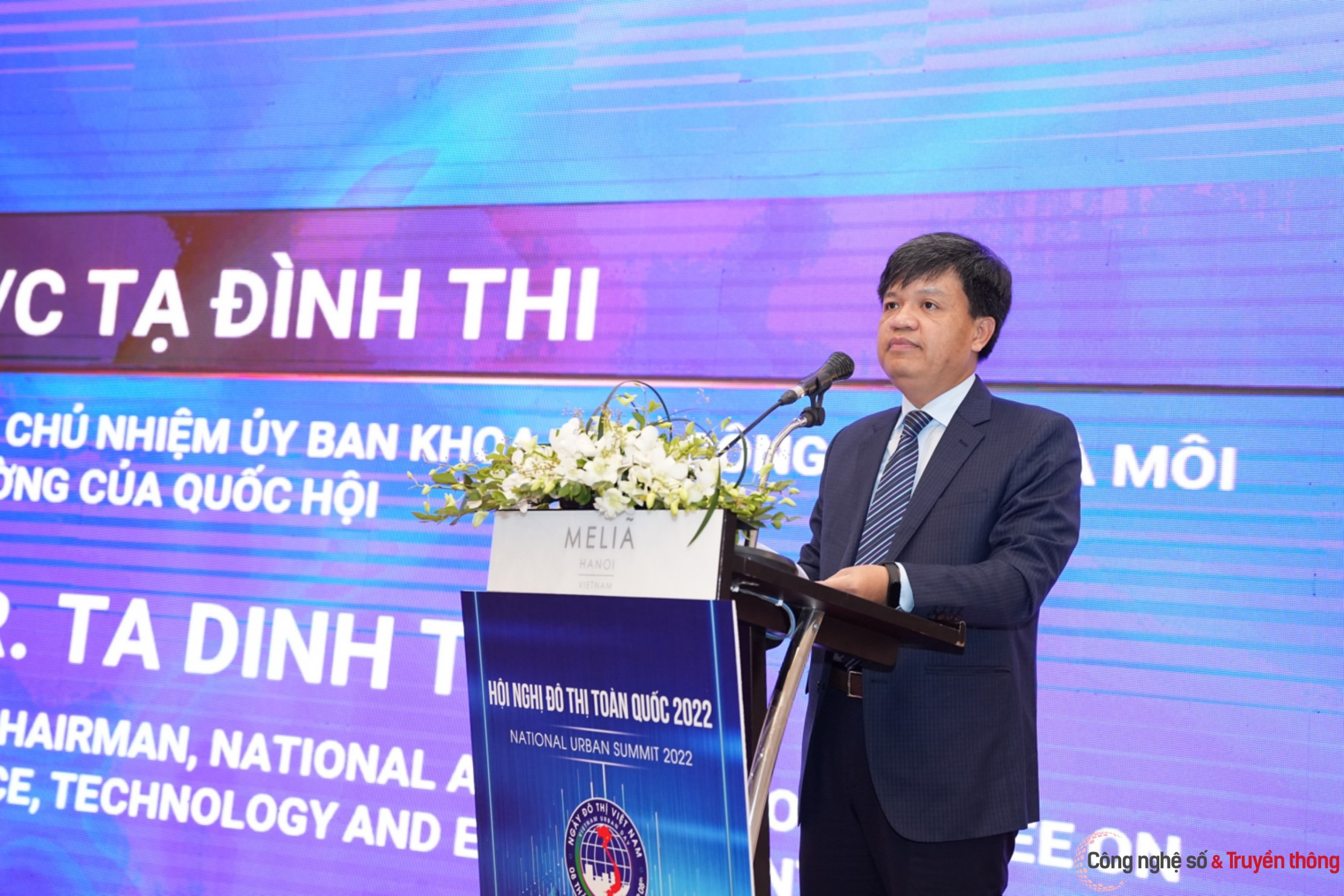
Ta Dinh Thi, deputy chair of the National Assembly’s Committee for Science, Technology and the Environment, said Vietnam’s urban areas have developed rapidly in quantity and scale.
There are 888 urban areas nationwide, with two special urban areas, 22 first-class, 33 second-class and 47 third-class urban areas. The urbanization rate of the country is estimated at 41 percent.
Thi said urban areas have been the driving force for economic growth. Key economic zones include large urban areas. However, urban technical infrastructure is still limited.
Mai Thi Lien Huong from the Ministry of Construction (MOC) agrees that management of urban technical infrastructure has been under expectations. In general, the infrastructure cannot satisfy people’s demands or activities such as transport, solid waste collection and treatment, and water drainage and treatment.
The planning of urban infrastructure areas remains haphazard, while resources are limited. There is no policy to mobilize resources for investment and the capacity of management is still weak.
The Politburo’s Resolution 06 on planning, construction, management and sustainable development of Vietnam’s cities by 2030 with a vision towards 2045 issued earlier this year says that infrastructure development in urban areas needs to be one step ahead.
Huong said specific measures are needed, including solutions to improve standards and regulations, and define norms and unit prices related to technical infrastructure.
Meanwhile, Nguyen Cong Thi from VNPT thinks that localities need to integrate digital infrastructure into urban development plans.
He said that Vietnam has a strong driving force for smart cities, such as economic growth potential, a "golden" population structure and high level of access to the 4.0 industrial revolution.
In such conditions, Vietnam needs to focus on renovating the governance model to strive for smart cities.
The official said that infrastructure and urban areas are not connected well. “We need to re-plan digital infrastructure, including soft infrastructure and services to people, with the aim of providing services in smart cities,” he said.
Duy Vu